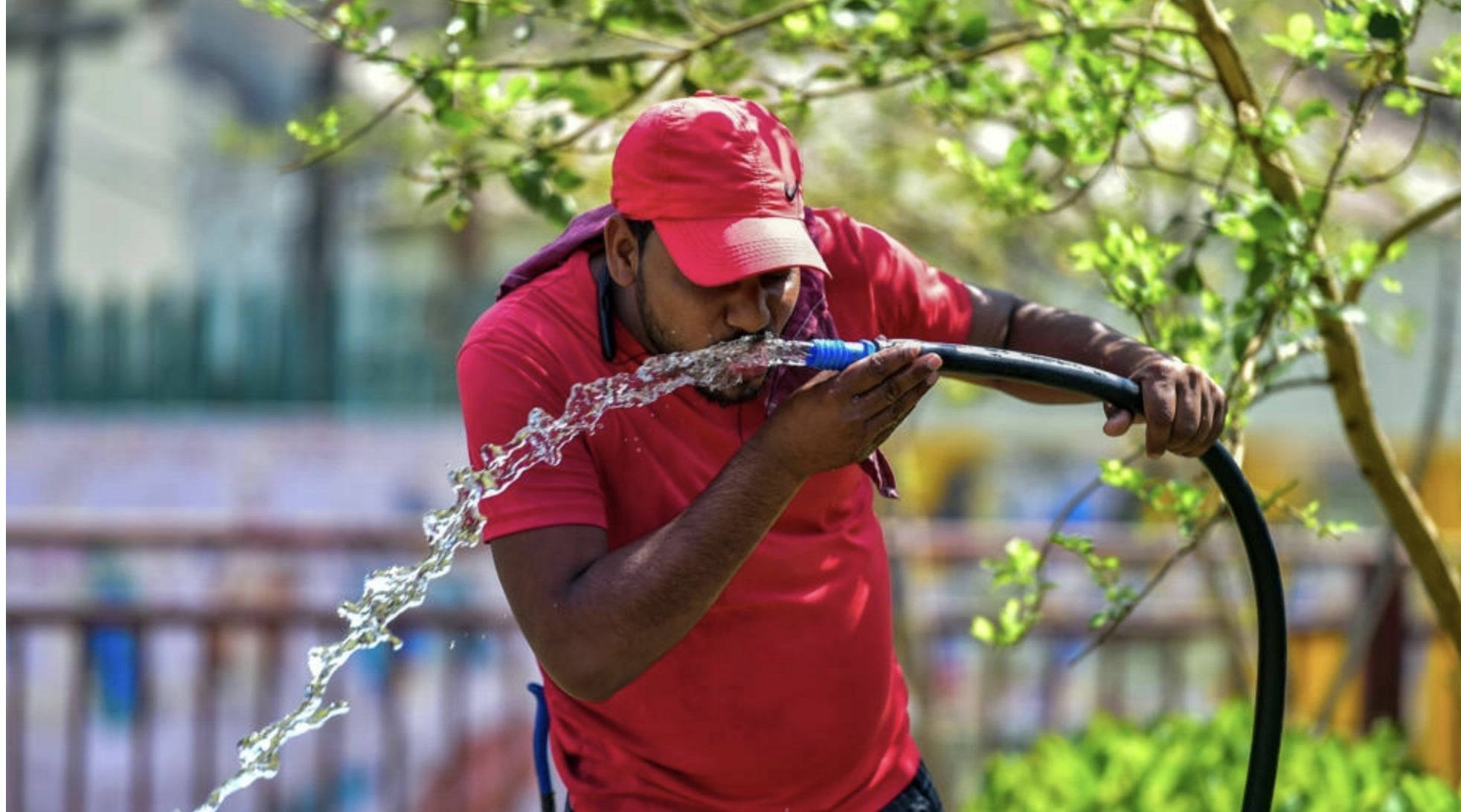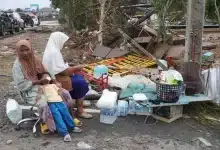Climate change makes deadly Asian heatwaves 30 times more likely, study finds

Last month’s deadly heatwaves in Bangladesh, India, Laos, and Thailand were made at least 30 times more likely due to climate change, according to a study by the World Weather Attribution group.
The research examined the average maximum temperature and the maximum heat index, which includes humidity. The findings revealed that climate change made the humid heatwave at least 30 times more likely, with temperatures at least 2 degrees Celsius hotter than they would have been without climate change. The study also noted that if global temperatures rise by two degrees Celsius, such extreme events could happen every 20 years, compared to every two centuries now.
WWA said in a statement…
“In both regions, the researchers found that climate change made the humid heatwave at least 30 times more likely, with temperatures at least 2 degrees Celsius hotter than they would have been without climate change.”
“Until overall greenhouse gas emissions are halted, global temperatures will continue to increase and events like this will become more frequent and severe,” it added.
The analysis also found that such events in India and Bangladesh, previously once a century, can now be expected around once every five years because of human-caused climate change. For Laos and Thailand, if global temperatures rise by two degrees Celsius – as will happen within around 30 years if emissions are not cut rapidly – such extreme events could happen every 20 years, compared to every two centuries now, the study said.
Friederike Otto of the Grantham Institute for Climate Change and the Environment said…
“We see again and again that climate change dramatically increases the frequency and intensity of heatwaves, one of the deadliest weather events there are.”
“Still, heat action plans are only being introduced very slowly across the globe. They need to be an absolute priority adaptation action everywhere, but in particular in places where high humidity enhances the impacts of heatwaves,” she added.
Scientists were previously reluctant to directly link a particular event to climate change, but in recent years a new field of “attribution science”, like that done by the WWA, has emerged. Some weather events have a more complicated relationship to global warming than others, with the relationship to heatwaves and increased rainfall relatively easy to study. Other phenomena such as droughts, snowstorms, tropical storms, and wildfires are more complicated, however, according to the WWA.
Latest Thailand News
Follow The Thaiger on Google News:


























